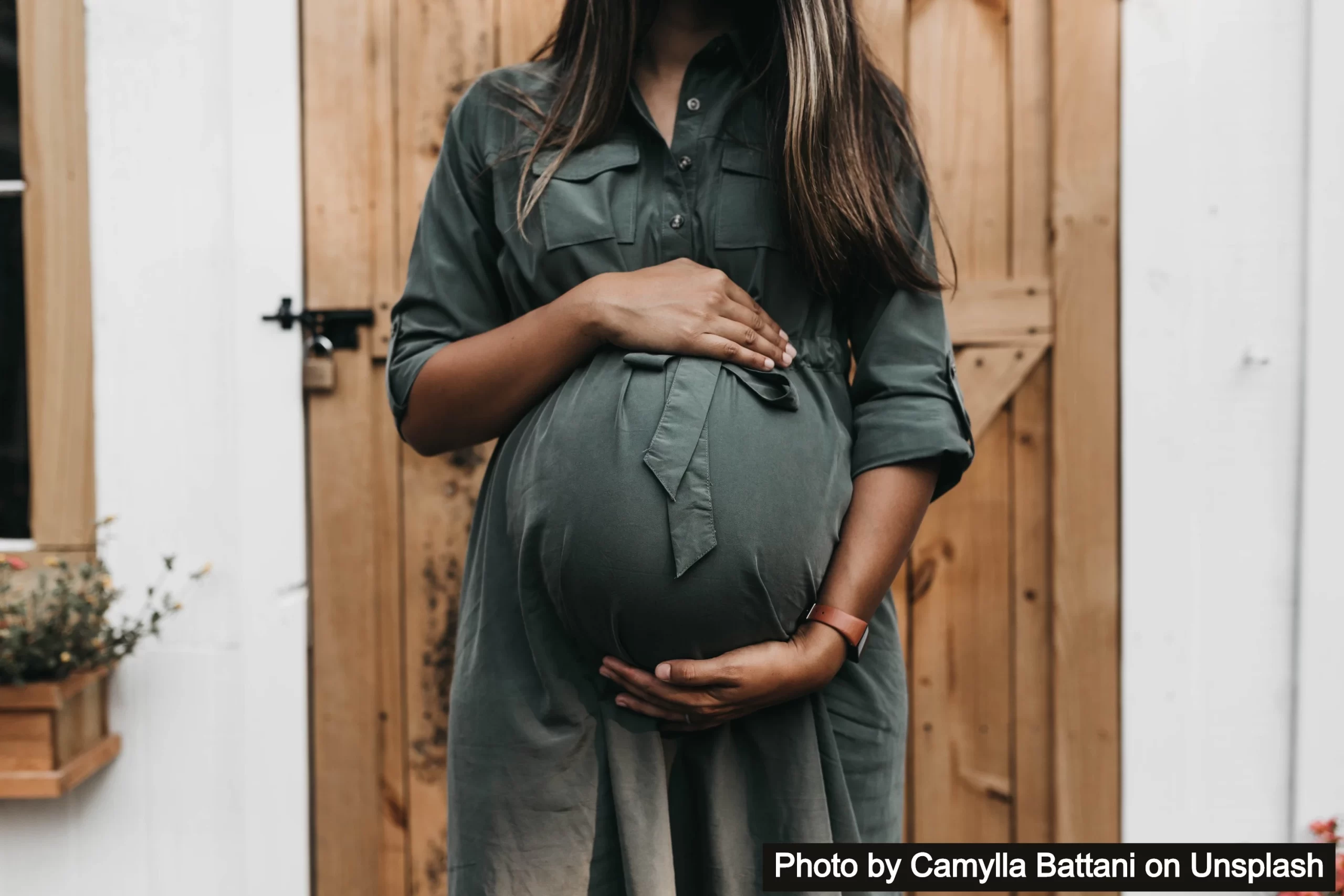Everything Is Connected: Postpartum Depression and Pelvic Floor Pain.

When it comes to rehabilitation and improving physical health, there are various approaches available to individuals. Two popular options that are often compared are in-home kinesiology and traditional physical therapy. While both aim to enhance physical well-being, there are key differences between the two that are essential to understand in order to make an informed decision on which option may be the most suitable.
Traditional Physical Therapy
Traditional physical therapy, often conducted in a clinical setting, involves the assessment and treatment of physical challenges and injuries with a focus on improving mobility, strength, and overall functionality. Physical therapists are highly trained healthcare professionals who work with patients to create personalized treatment plans based on their specific needs and goals. Traditional physical therapy sessions typically include a range of exercises, stretches, manual therapy techniques, and modalities to help patients recover from injuries, surgeries, or chronic conditions.
In-Home Kinesiology
In-home kinesiology, on the other hand, involves the application of exercise science principles to improve physical performance and overall health in the comfort of the individual’s home. Kinesiologists are specialists in human movement and exercise and work with clients to develop personalized exercise programs tailored to their unique requirements. In-home kinesiology sessions often focus on enhancing strength, flexibility, endurance, and coordination through targeted exercises and functional movements that aim to improve daily functioning and prevent injuries.
Key Differences
Setting
One of the primary differences between traditional physical therapy and in-home kinesiology is the setting in which the sessions take place. Traditional physical therapy is typically conducted in a clinical environment, whereas in-home kinesiology brings the exercise science expertise directly to the individual’s home, providing a more convenient and comfortable setting for therapy.
Focus
While both traditional physical therapy and in-home kinesiology aim to improve physical well-being, they may differ in their specific focus areas. Traditional physical therapy often emphasizes rehabilitation and recovery from injuries or surgeries, while in-home kinesiology may focus more on enhancing overall physical fitness, functional movement, and performance optimization.
Customization
Both approaches are tailored to the individual’s needs, but the level of customization may vary. Traditional physical therapy tends to be more clinical and targeted towards specific conditions or injuries, with treatment plans designed to address particular impairments. In-home kinesiology programs are often more holistic, focusing on improving overall physical health and well-being through a more comprehensive approach to exercise and movement.
Accessibility
In-home kinesiology offers a higher level of accessibility and convenience for individuals who may have mobility issues, transportation challenges, or prefer the comfort of their own home. Traditional physical therapy, while effective, may require regular visits to a clinic, which could be a barrier for some individuals.
Both in-home kinesiology and traditional physical therapy offer valuable benefits for improving physical health and well-being. The choice between the two ultimately depends on individual preferences, goals, and specific needs. Individuals looking to enhance their overall physical fitness and function in a convenient setting may find in-home kinesiology to be the ideal solution. Ultimately, consulting with a healthcare professional or exercise specialist can help determine the most appropriate approach based on individual circumstances.
